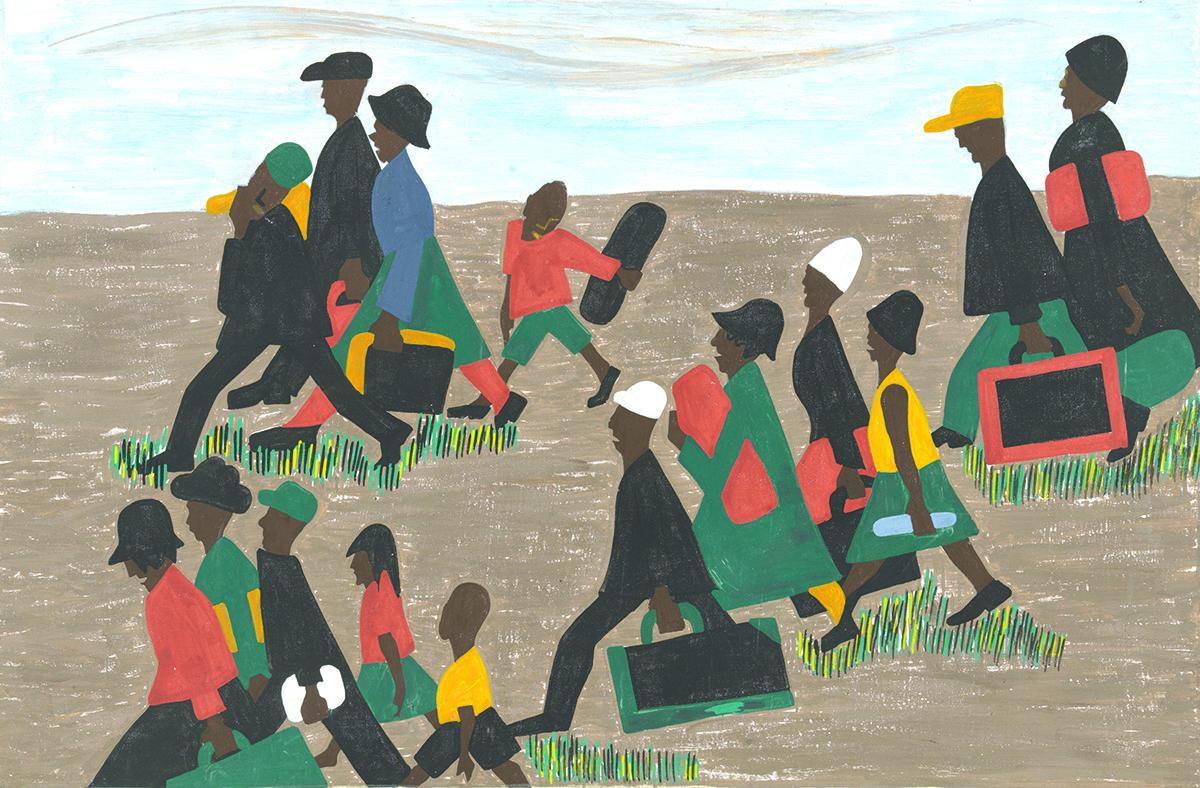Langston Hughes was one of the first people we have come across in this class who addressed Culture. He did this in a time of great cultural growth for the black community, during the “New Negro Movement”. He discussed the racial mountain, and how young black artists attempt to alter their work in order to better represent white culture, and climb up the racial mountain as much as they can.
Since Langston Hughes has published this article the topic has changed. Black artists have embraced their own culture for what it is, through things like hip-hop and other unique arts produced by black artists. In our current society there is a great deal of dialogue about cultural appropriation. A lot of white artists use aspects of black culture to help advance their own art, and further themselves. Most recently, rapper Post Malone has been accused of doing this, which is why i’m bringing up this topic.
I find it interesting that we are almost dealing with the reverse of what Langston Hughes was originally discussing. While the racial mountain is definitely still present, I would argue that it is less present in some fields than others, like the hop-hop/rap community which is not dominated by whites because it is unique to black culture. I do think that it should be a testament to black culture, and how far it has come, since white artists feel the need to steal a bit of black culture in order to find more success in their own work.
